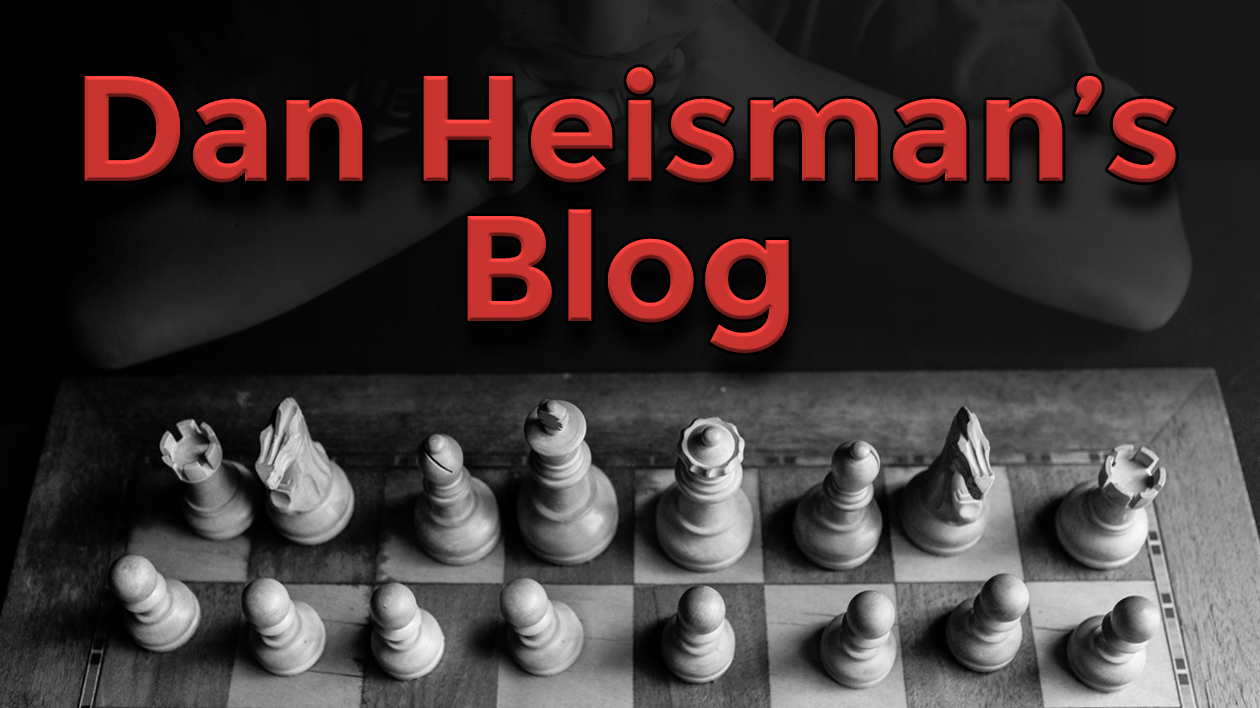
Kramnik's Long Think
I like to tell the following story to students because it gives them some insight into time management and criticality assessment.
After he became World Champion, Kramnik was playing a match vs an engine for $1,000,000 to the winner. I believe it was Deep Fritz in 2002, and the game in question was https://www.chessgames.com/perl/chessgame?gid=1255231.
So before Kramnik's final move, the engine had played a move that allowed Kramnik to trade rooks into an apparently easily winning king and pawn endgame.
If I remember correctly, when the engine made this move, Kramnik had 17 minutes on his clock. I was watching on the Internet Chess Club, which at the time was likely the most active chess server. There were likely a thousand or more also watching and commenting online on the relayed ICC game board.
When the engine made the move, everyone starting typing "Rd5+ wins!" and even in those days many had engines running to confirm that the trade was indeed winning.
But when Kramnik did not move right away, the enthusiasm soon turned to scorn. At first they typed comments like "Why is he not moving?" or "What is wrong with Kramnik?". But later the scorn turned to outright criticism with remarks like:
"Kramnik can't be that good - how could he not have played Rd5+ already" or
"I must be better than Kramnik - I would have played that move a long time ago!"
I watched in amazement as many of the spectators continued to criticize Kramnik.
Finally, with 7 minutes left on his close and after a 10 minute think, Kramnik made the move which traded rooks.
I thought the computer resigned a couple moves later but the ChessGames link shows the engine resigned on that move.
In any case, after the game, Kramnik went to the press briefing and (I think) the first question was:
"Why did you take so long to play 57.Rd5+?"
Kramnik looked a little startled as if it was a strange question, but immediately settled in to explain (I paraphrase):
"Well, of course I saw right away that trading rooks was probably a win. But I am playing for a million dollars, so I wanted to analyze it carefully to make sure. I spent the next few minutes analyzing the lines and came to the conclusion that indeed it did win. So I looked at my clock and I still had 13 minutes left, so I figured I would look for some crazy computer moves that a human might not think of, in case there was something there that I missed. So I searched for some but I couldn't find any. Then I looked at my clock and I still had 10 minutes left, so I decided I may as well check my original analysis to see if I might have missed anything. I could not find any problems and then I checked my clock again. At that point I was down to 7 minutes and I thought that's about right, so I made the move. Then of course the engine soon resigned."
At this point I ask my students: "Who was right, Kramnik or the critics?" Of course they all agree with Kramnik. Many of the critics made the very poor assumption that "the faster you see and play something the smarter you are" when in fact playing a critical move quickly, even if it seems to win, is not just not smart, it's actually not wise. Kramnik did not get to be World Champion because he played critical moves hastily.
There's a lot to be learned about criticality assessment and time management from this story. In their book "Chess Rules of Thumb", Alburt and Lawrence state that any position where you see a move that "seems to win" is a critical position, and a critical position is "one about which you should think long and hard."
As I tell my students, "In chess, all flashing lights are red!" meaning whether you see good stuff (apparent wins) or bad stuff (danger), those both require extra careful thought.